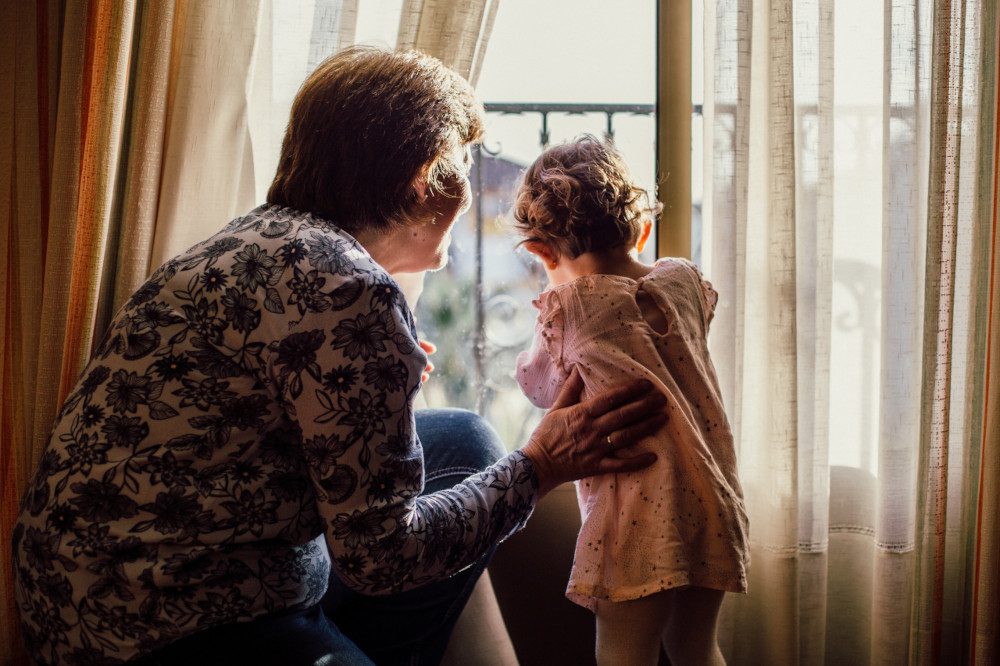Wisconsin Guardianship Laws

Starting a Guardianship Case
There are a few types of guardianship cases, but we specifically work in minor guardianship because we focus on family law.
Minor Guardianship
The court grants someone guardianship of a minor when that child’s parents are unable or unwilling to care for them. The person given guardianship of a child is usually a family member or some other significant person in the child’s life. That person is given the responsibility to make major decisions for the child and to take care of them day-to-day.

The Guardianship Process
This section covers what it looks like to go through a contested guardianship case. The case could be uncontested instead if the parents and all of the other interested parties (other potential guardians) agree on who should be the guardian.
Step 1
Filing
Any person can file to petition the court to appoint a guardian to a child. When you file the case, be sure to use the correct paperwork. If you want help with the paperwork, your attorney can take care of it.
Step 2
Service and Notice
The person who files for guardianship has to tell any “interested parties” that the court case and hearing is happening. Interested parties include anyone who might otherwise be the child’s guardian and the child themself if they are over 12.
Step 3
Initial Hearing
The initial hearing will happen within 45 days of the initial filing. If the hearing is uncontested, the fact finding and dispositional hearing can happen right away. If the case is contested and a party is unprepared for the next step, then the hearing can be rescheduled for within 30 days of the initial hearing.
Step 4
Fact Finding and Dispositional Hearing
At this hearing, the filing party presents evidence as to why they should be guardian of the child, and the contesting party presents evidence for their side. The goal is for the court to determine what is in the best interest of the child.
Step 5
Guardian ad Litem
The guardian ad litem (GAL) investigates the best interest of the child ouside of the court room. This is done by meeting with the child, the proposed guardian, and any other interested parties. They can also do things like visit the home of the proposed guardian.
Step 6
Final Orders
After the evidence is shown and GAL completes their investigation, the court can make their final decision. They will decide who gets guardianship of the child and for how long.
For immediate help with your family law case, call now
(262) 221-8123
Key Components
There is a lot of information out there about guardianship. And seeing and hearing all of it has surely left you with some questions.
Here are some answers and links to pages with more information. Or for advice specific to you case, call Sterling Lawyers.
Who Can Get Guardianship
Usually, it is a family member who becomes the guardian of a child. Potential family members that can care for the child include aunts/uncles, grandparents, siblings, and anyone else who has a significant relationship with the child.
How the Court Decides
The court makes decisions of guardianship based on the Wisconsin guardianship laws. These laws outline the guardianship process and what factors the court considers. Overall, the court’s goal is to make a decision in the best interest of the child.
Guardian ad Litems
A guardian ad litem, also called a GAL, is an important figure in a guardianship case. It is the GAL’s responsibility to investigate the best interest of the child and advocate for their needs. The GAL acts as the child’s attorney.
Types of Guardianship
There are four forms of minor guardianship. The forms differ depending on time, meaning how urgent the matter is and how long the guardianship needs to last. The four types are emergency, temporary, limited, and full guardianship.
Filing for Guardianship
Anyone can file for guardianship of a child. When filing, you must be sure to use the correct guardianship forms. There are are some forms that are only required in specific situations such as filing for emergency guardianship or if the child is part of a Native American tribe.
Frequently Asked Questions
How do I get legal guardianship of a minor in Wisconsin?
The first step is petitioning the court for guardianship of the child. Then, you must prove that it is in the child’s best interest for you to have guardianship of them.What is the guardian of the minor?
Usually, the guardian of a minor is their parent or parents. However, if the parents are unfit or unable to sufficiently care for the child, then a third party can get guardianship of the child. That third party is usually a family member such as an aunt/uncle or grandparent.How can a mother lose custody in Wisconsin?
Any parent can lose custody of their child if it is not in the best interest of the child for the parents to continue to have custody. The mother usually begins the child’s life having custody, then the other party gets rights if they establish parentage. Then, if the parents are negatively impacting the child, another party can get guardianship of the child.How long does guardianship last?
The length of guardianship depends on what type of guardianship is ordered. For example, emergency custody only lasts up to 90 days, whereas full guardianship lasts until the child turns 18.
Does guardianship end at death in Wisconsin?
If the court gives someone full guardianship of a child, it ends when the child turns 18. If the guardian passes away before the child turns 18, then guardianship would end, and a new person would become their guardian.What are competing guardianship applications?
People can have competing guardianship applications when more than one person files for guardianship of a child. This simply means the case is a contested case. When this happens, the court decides who gets guardianship based on the best interests of the child.
